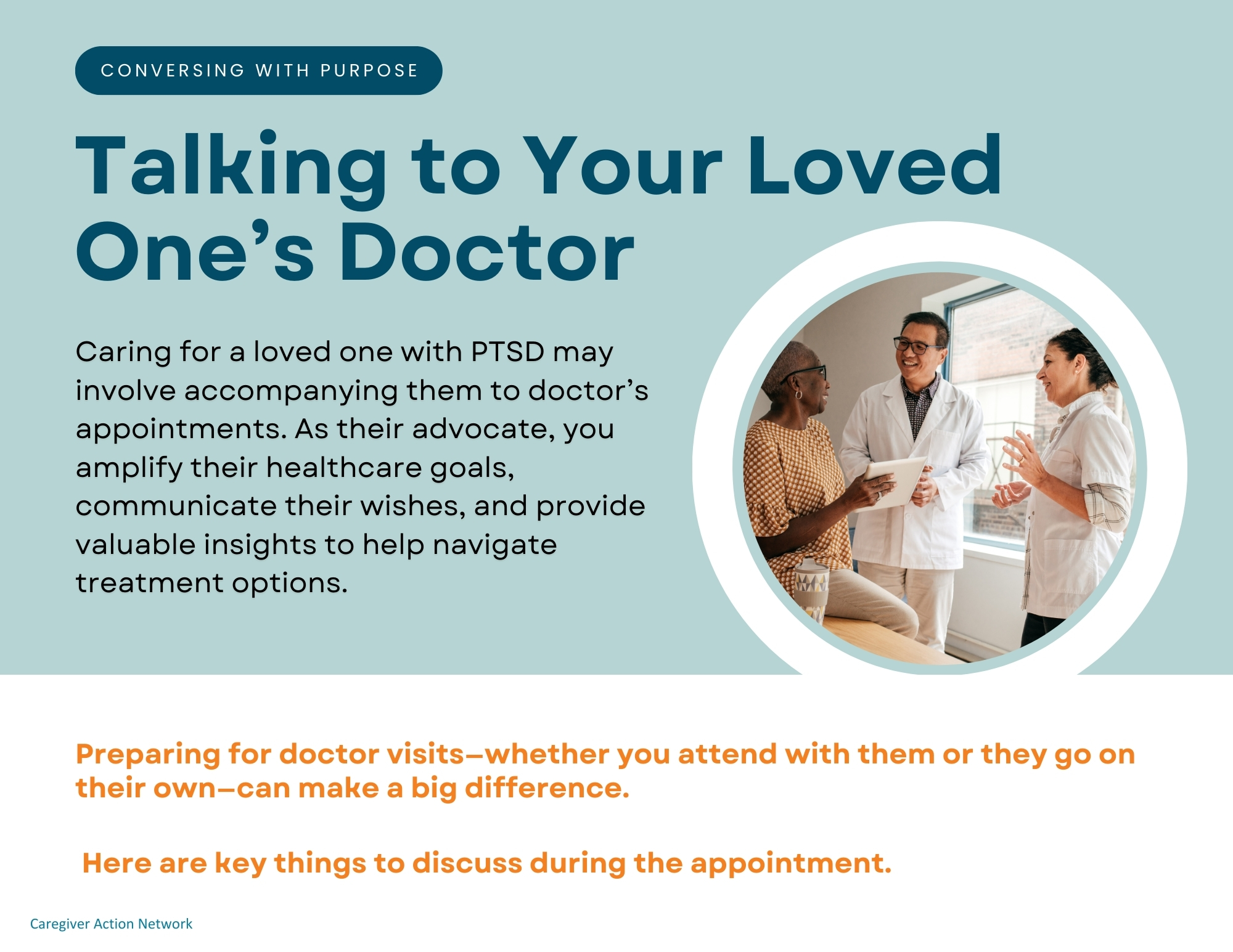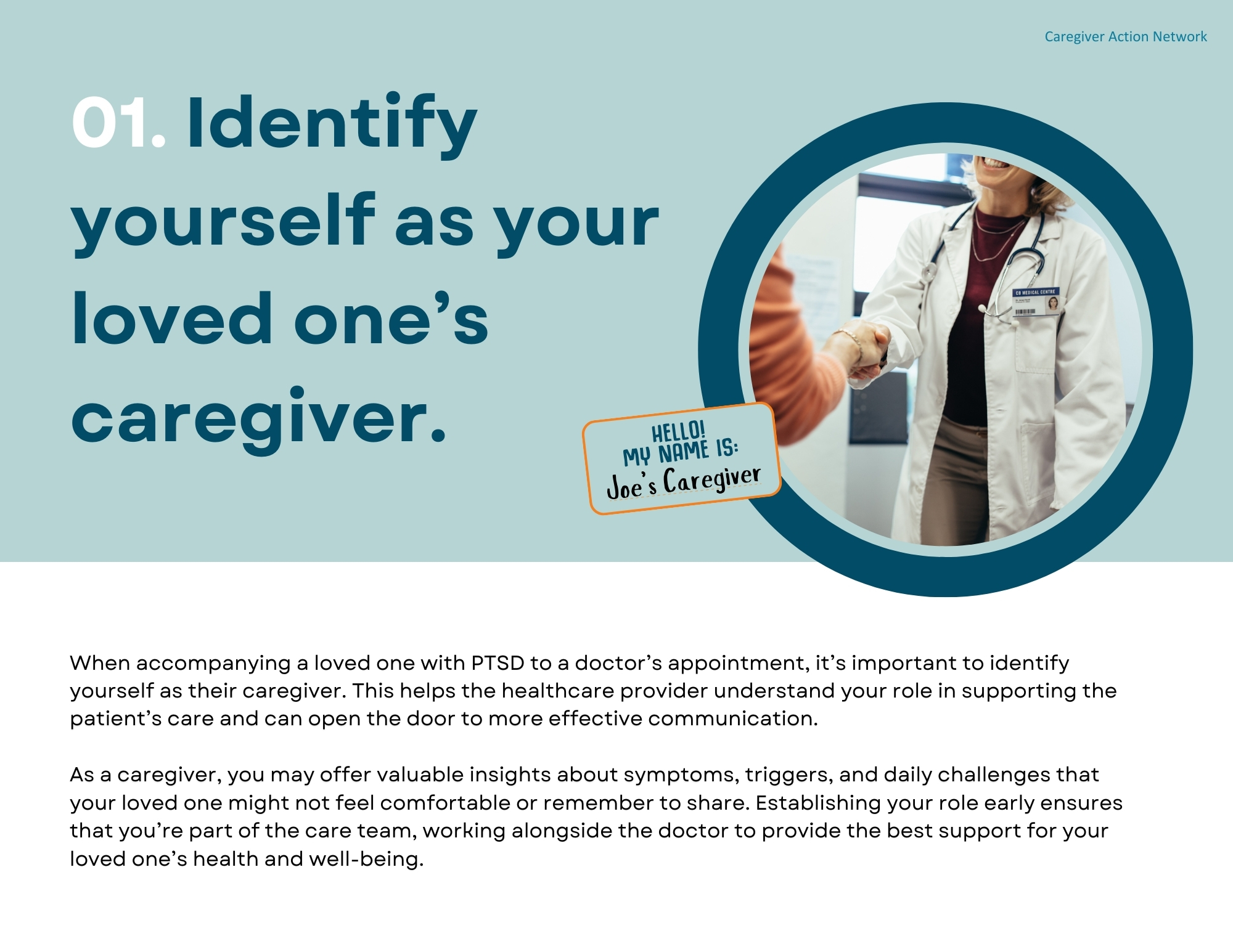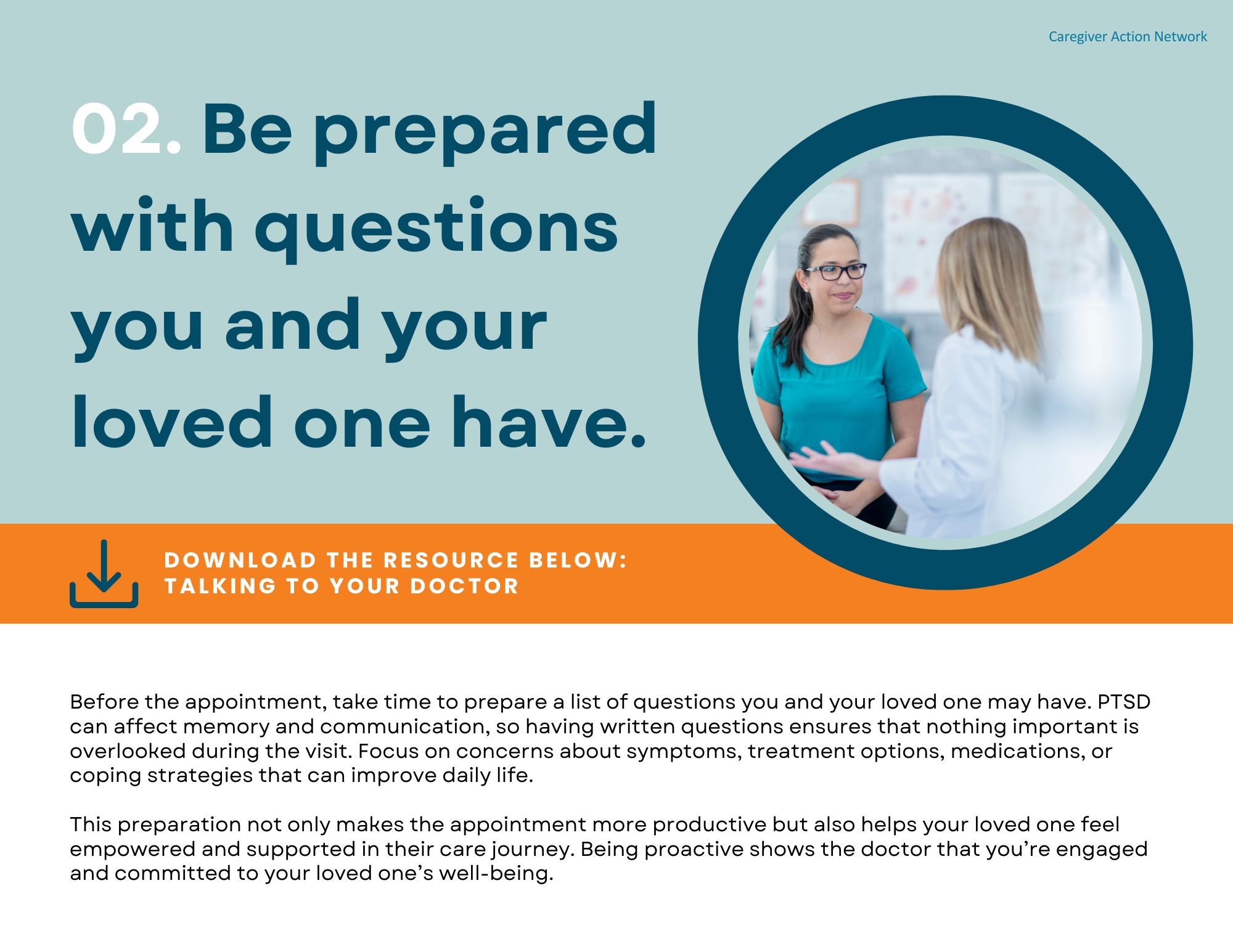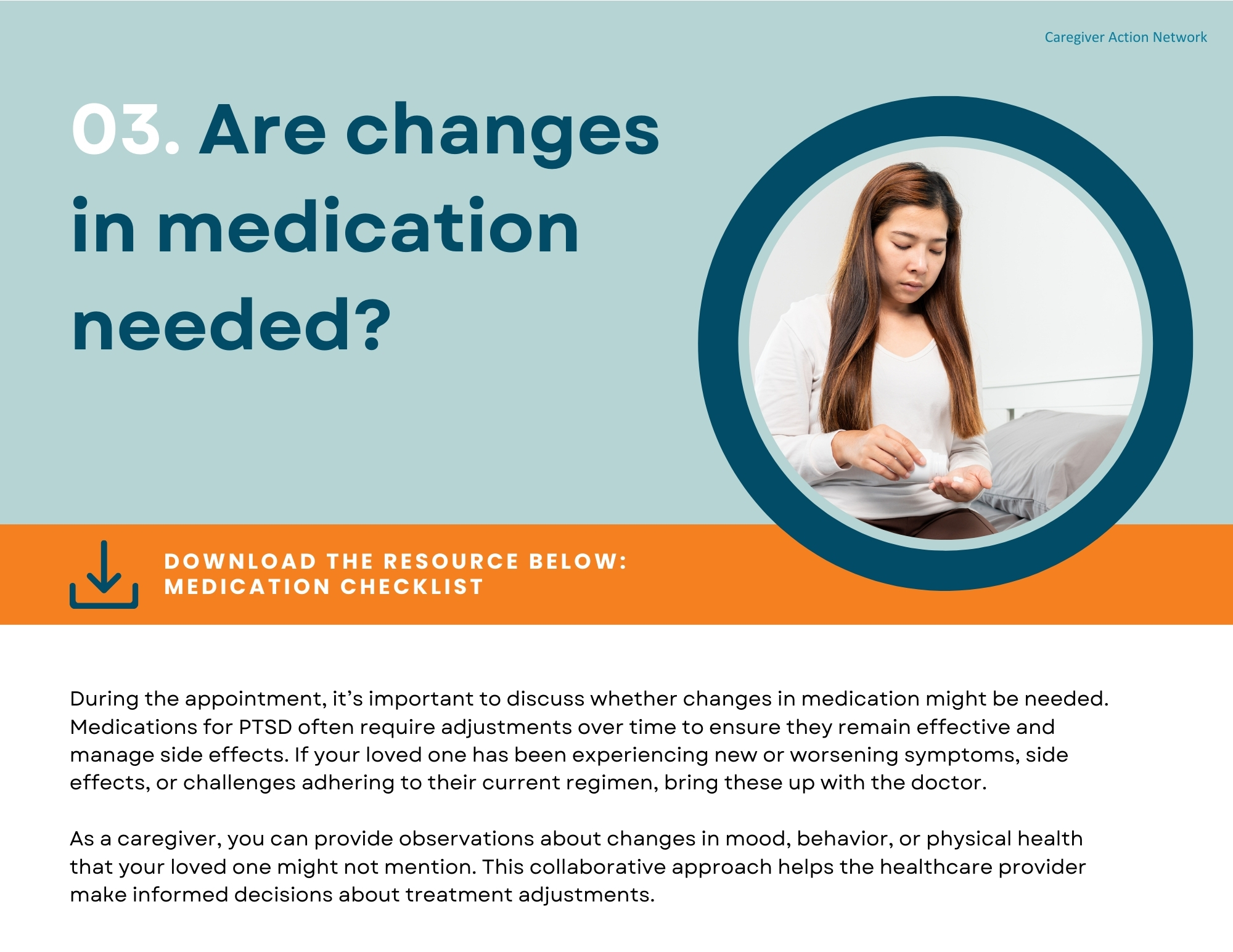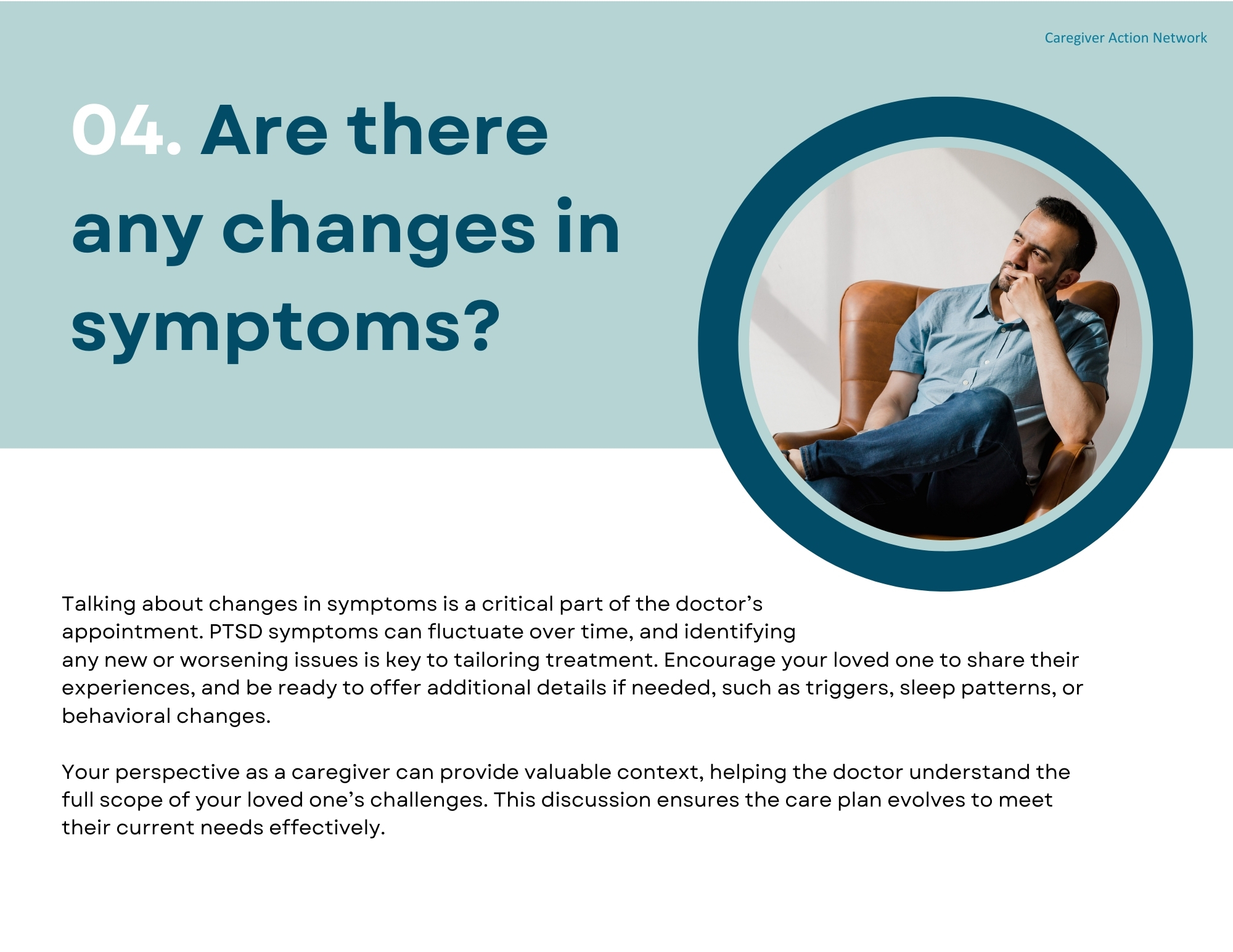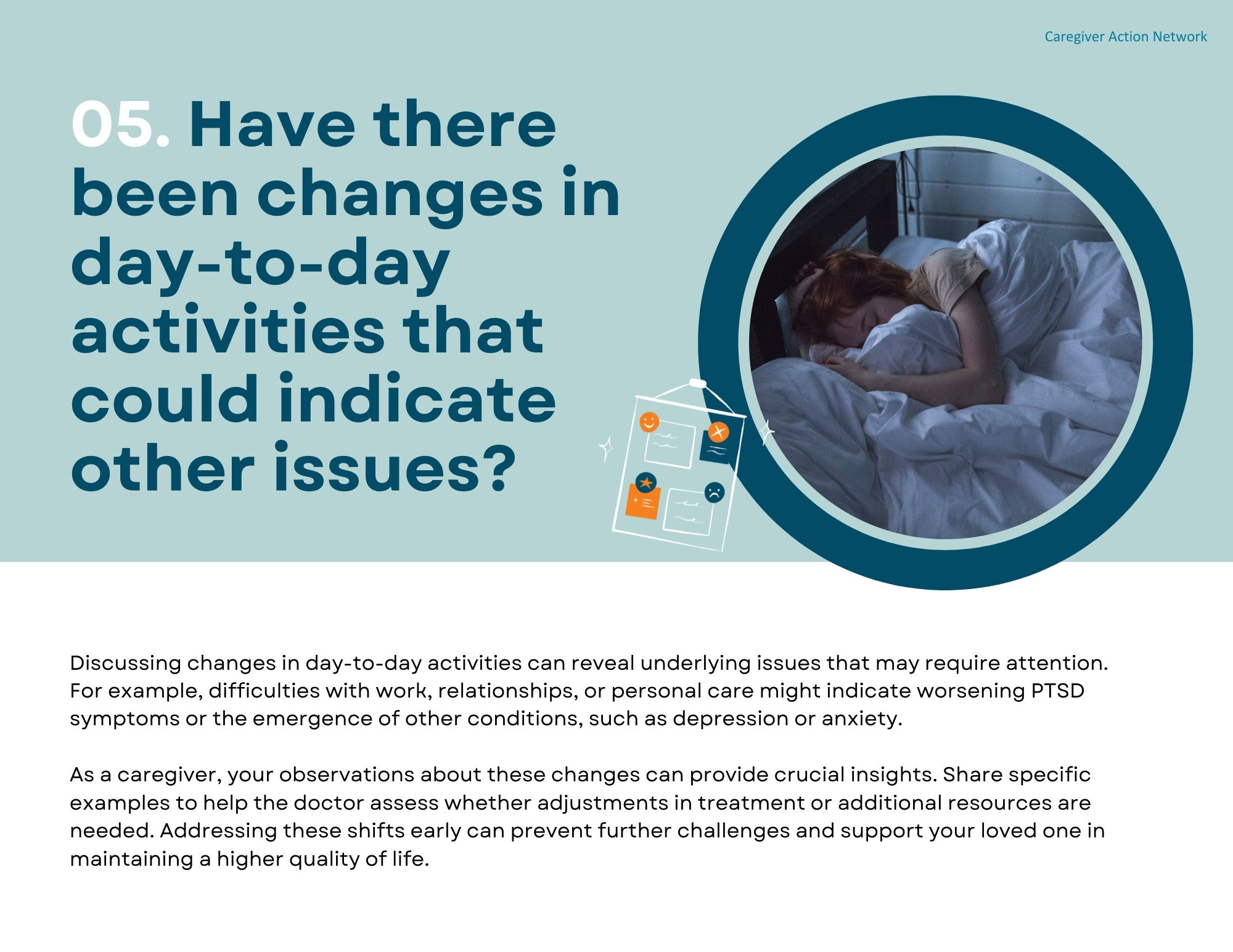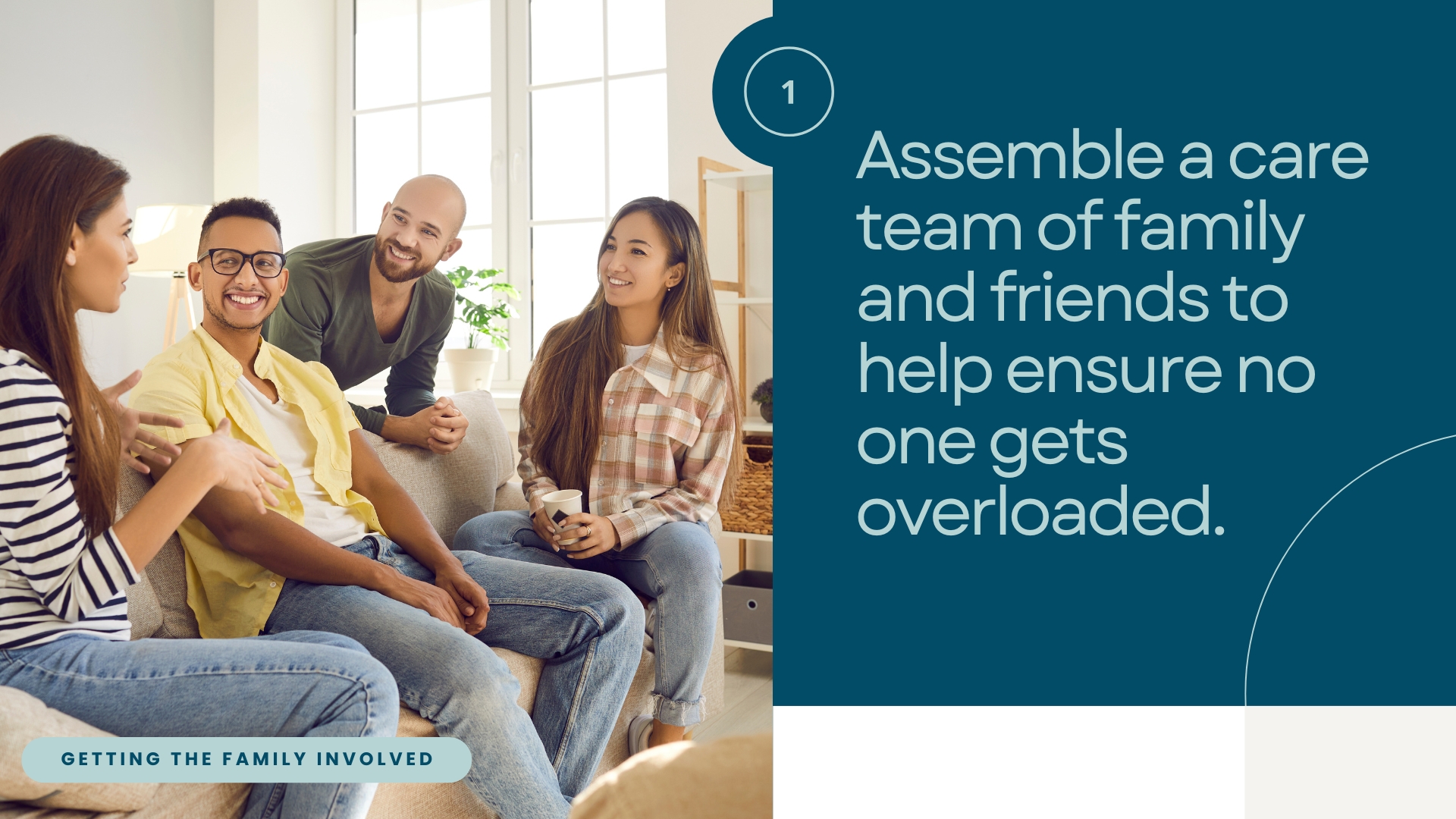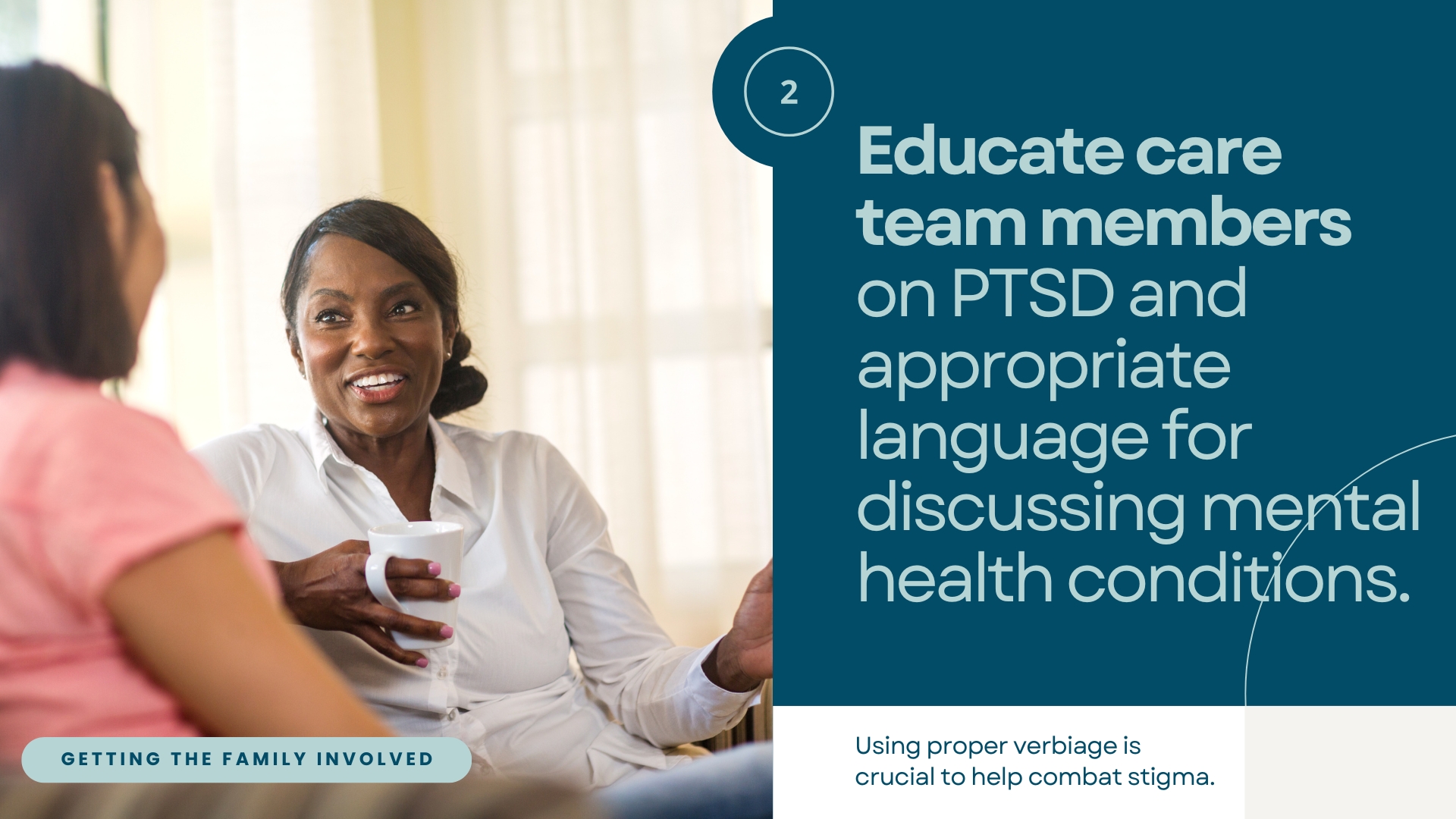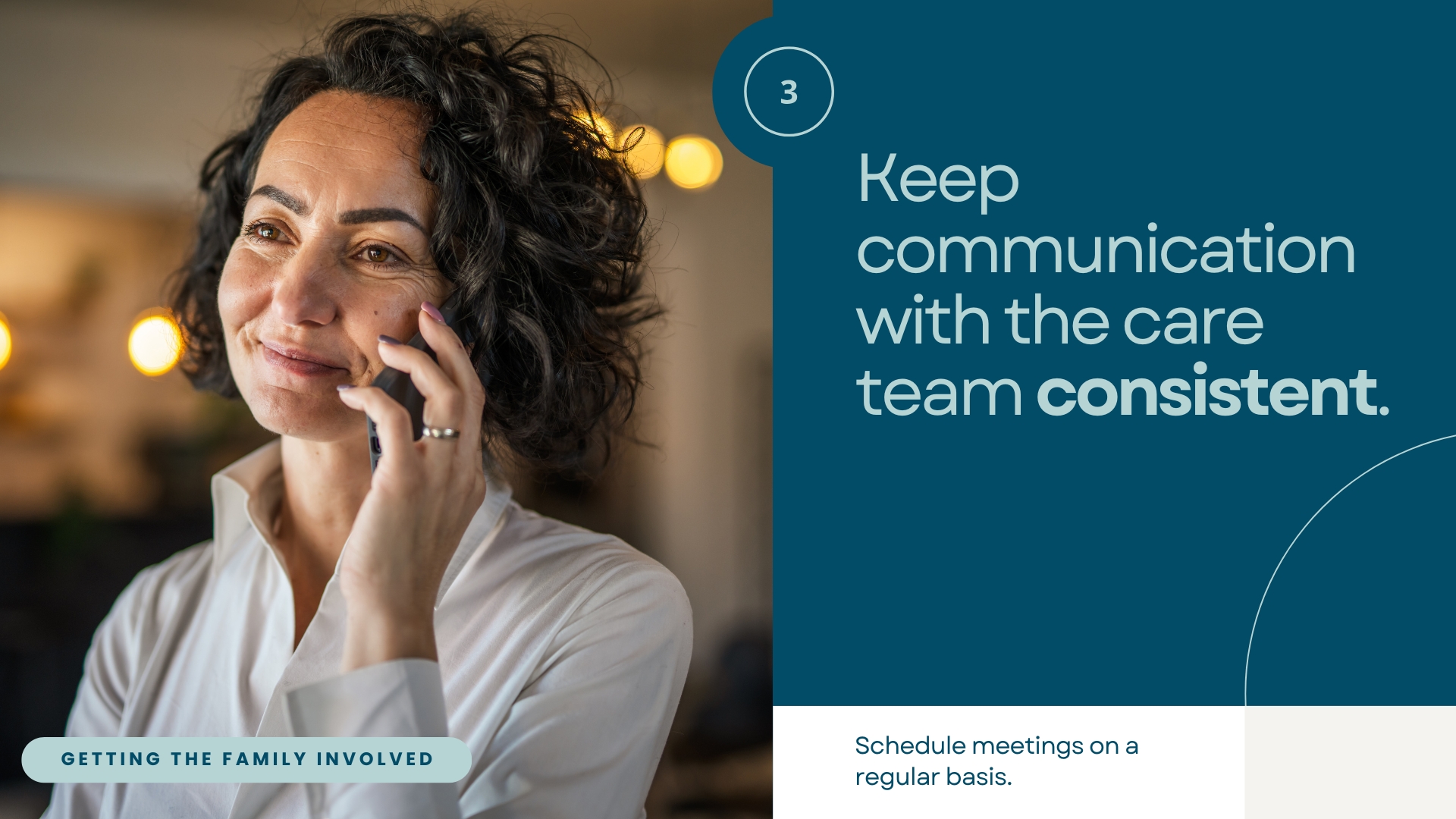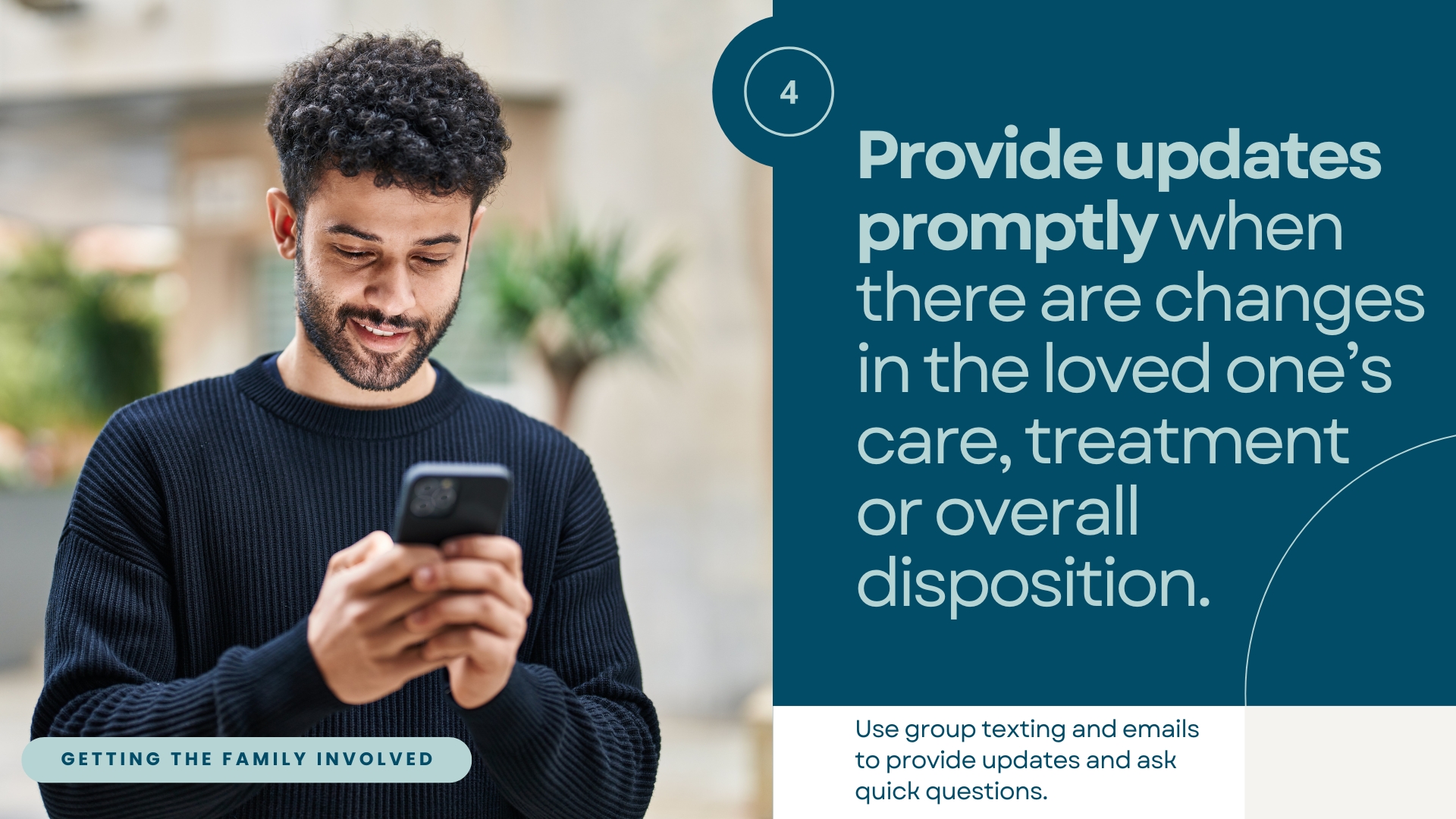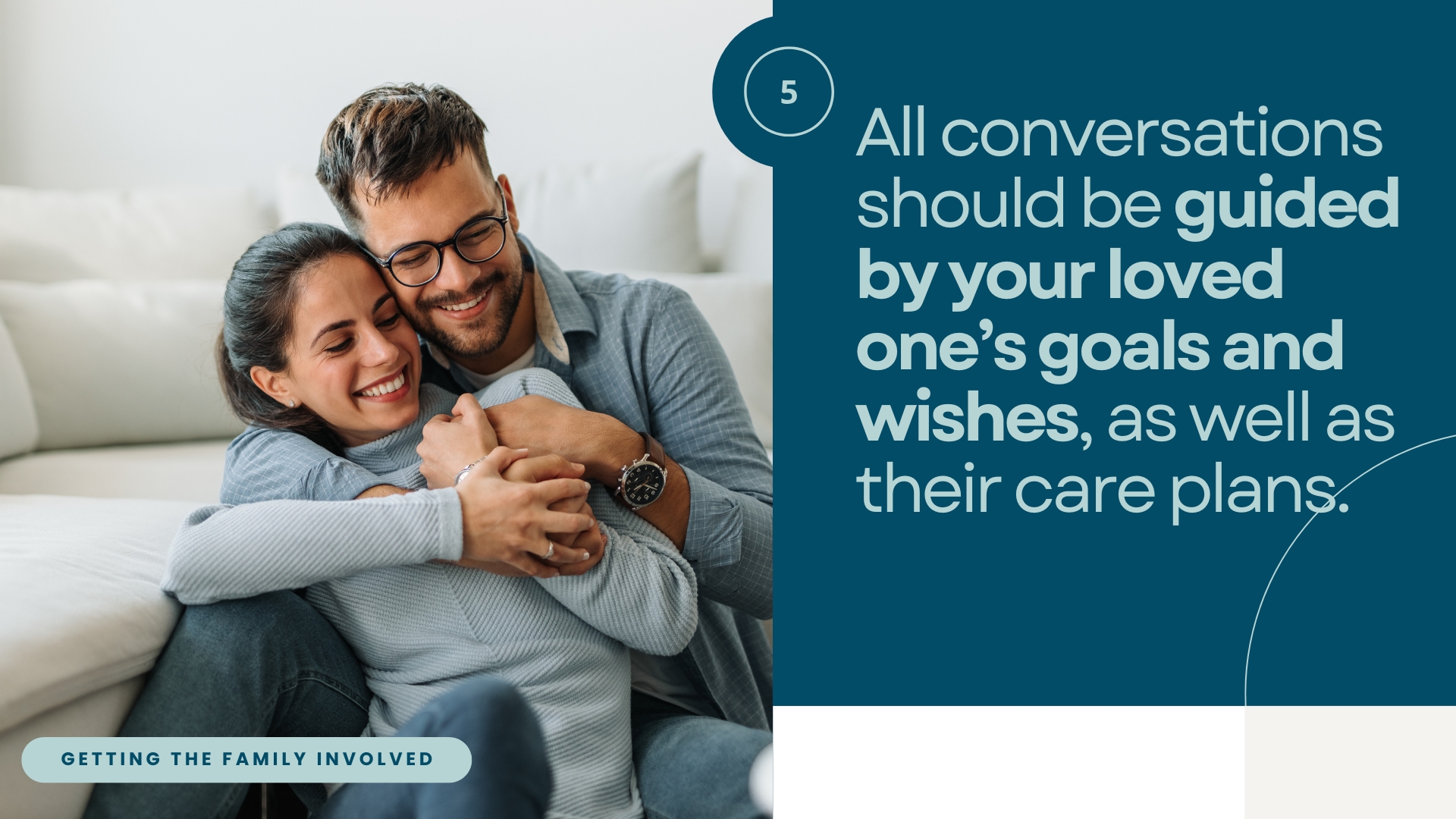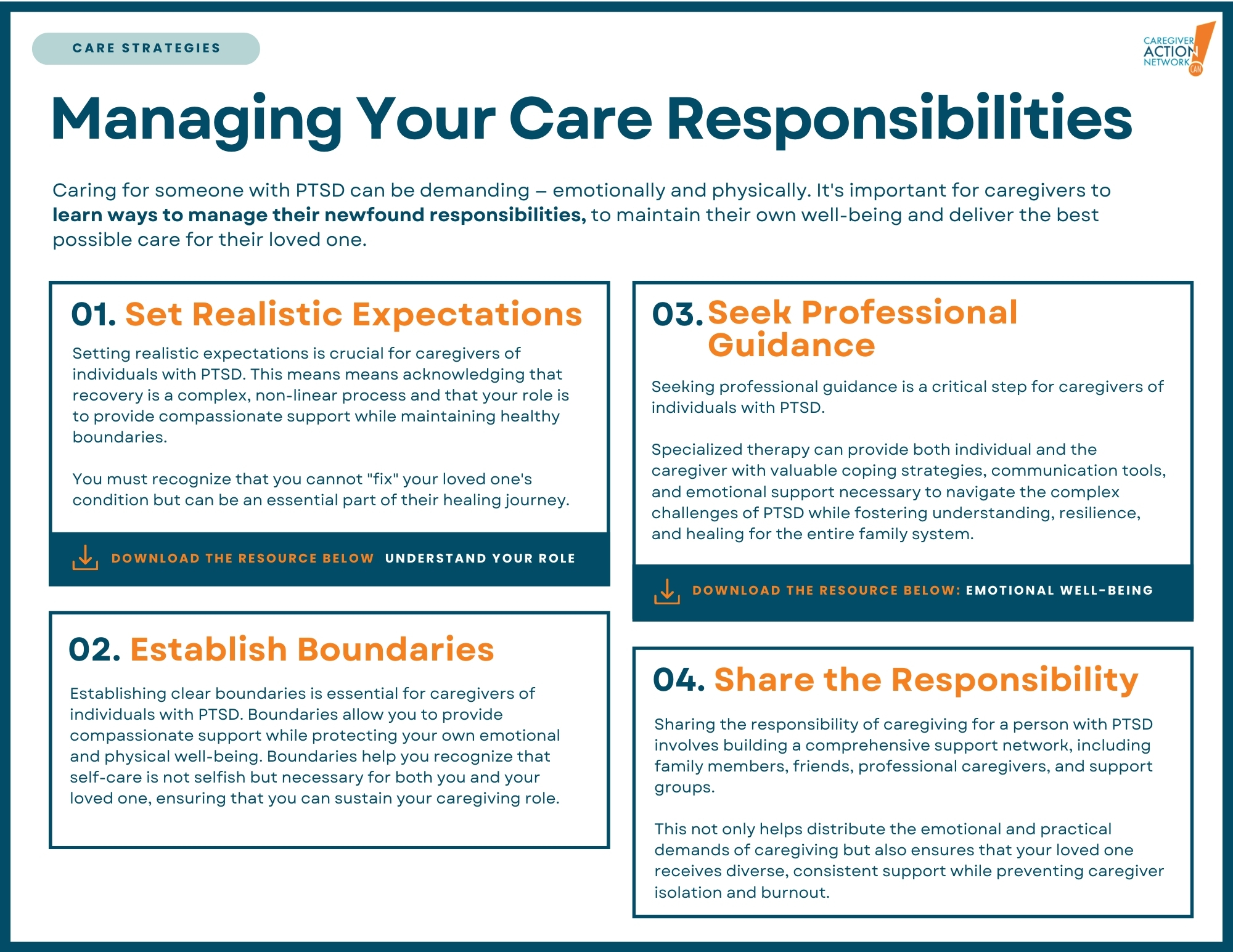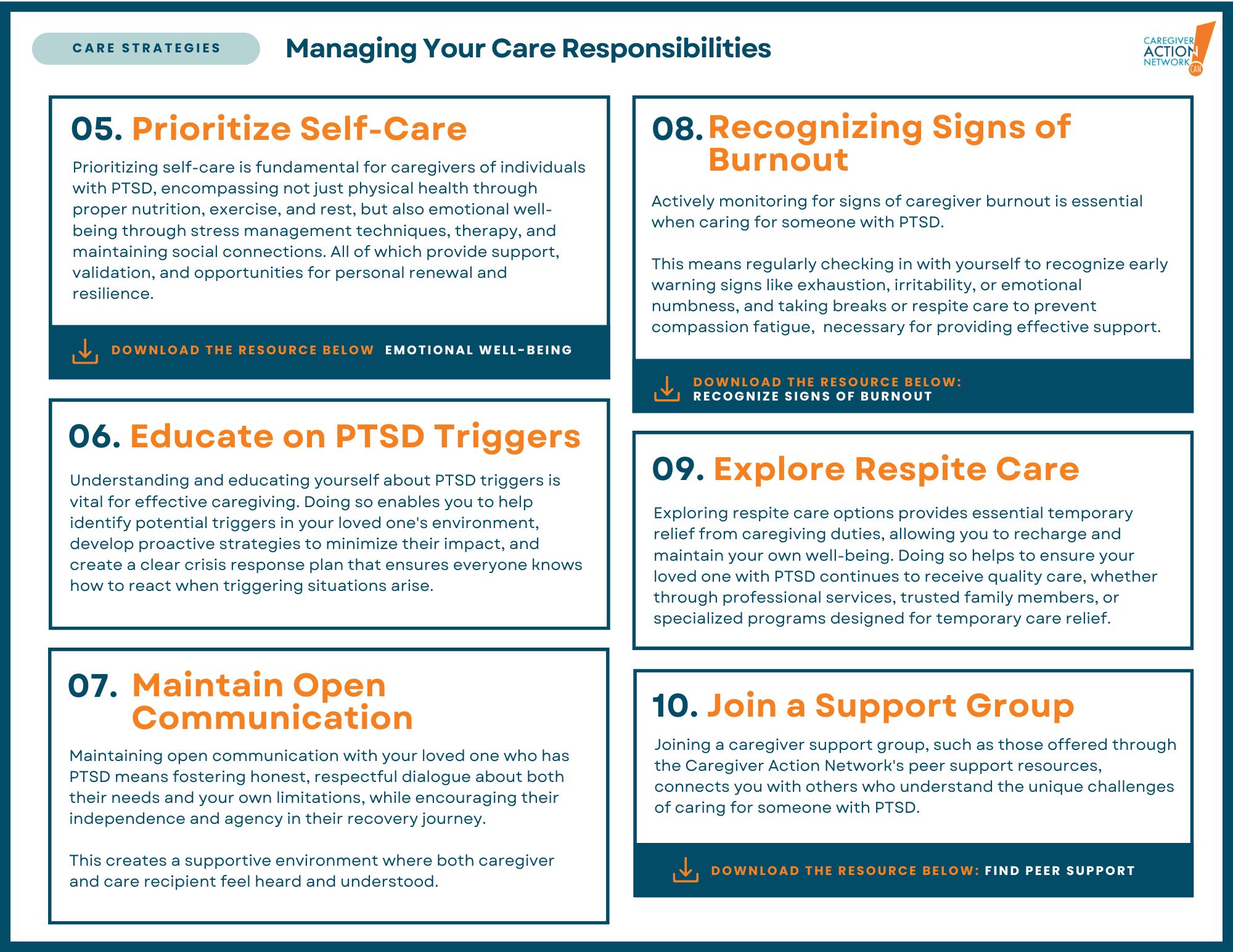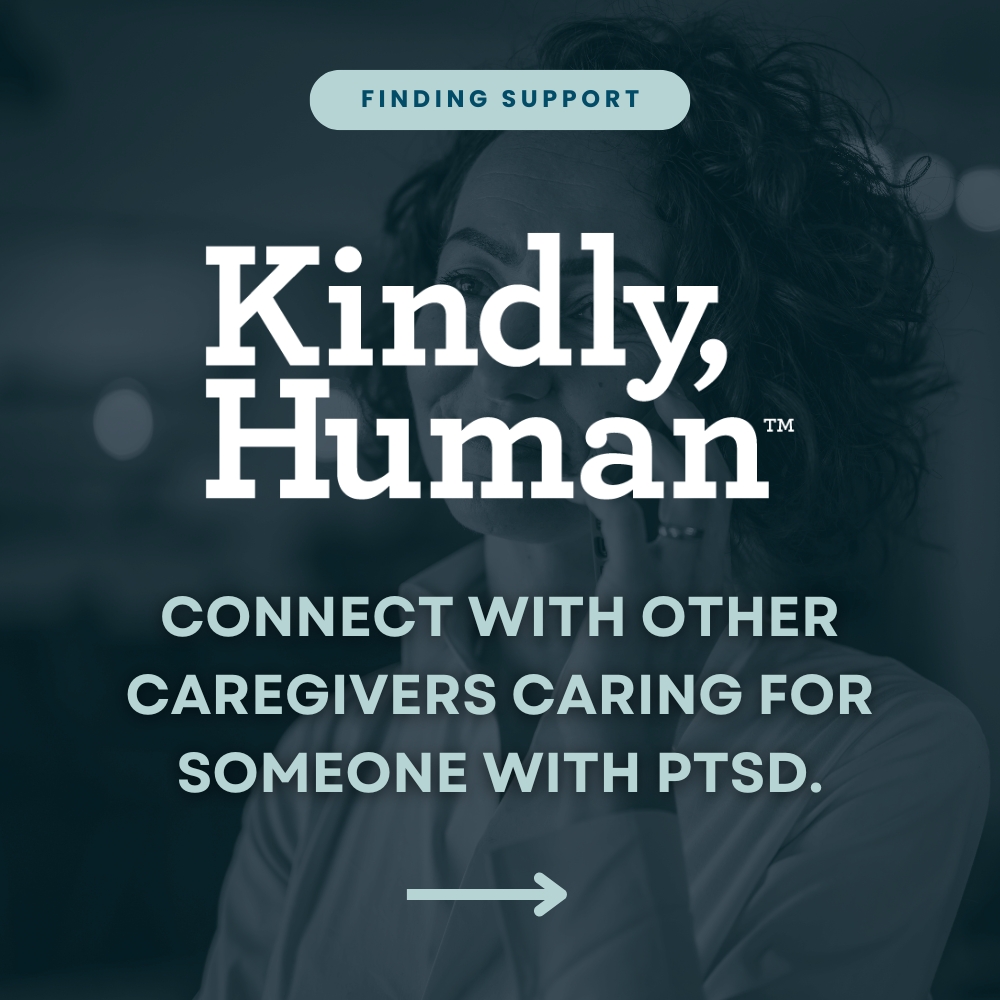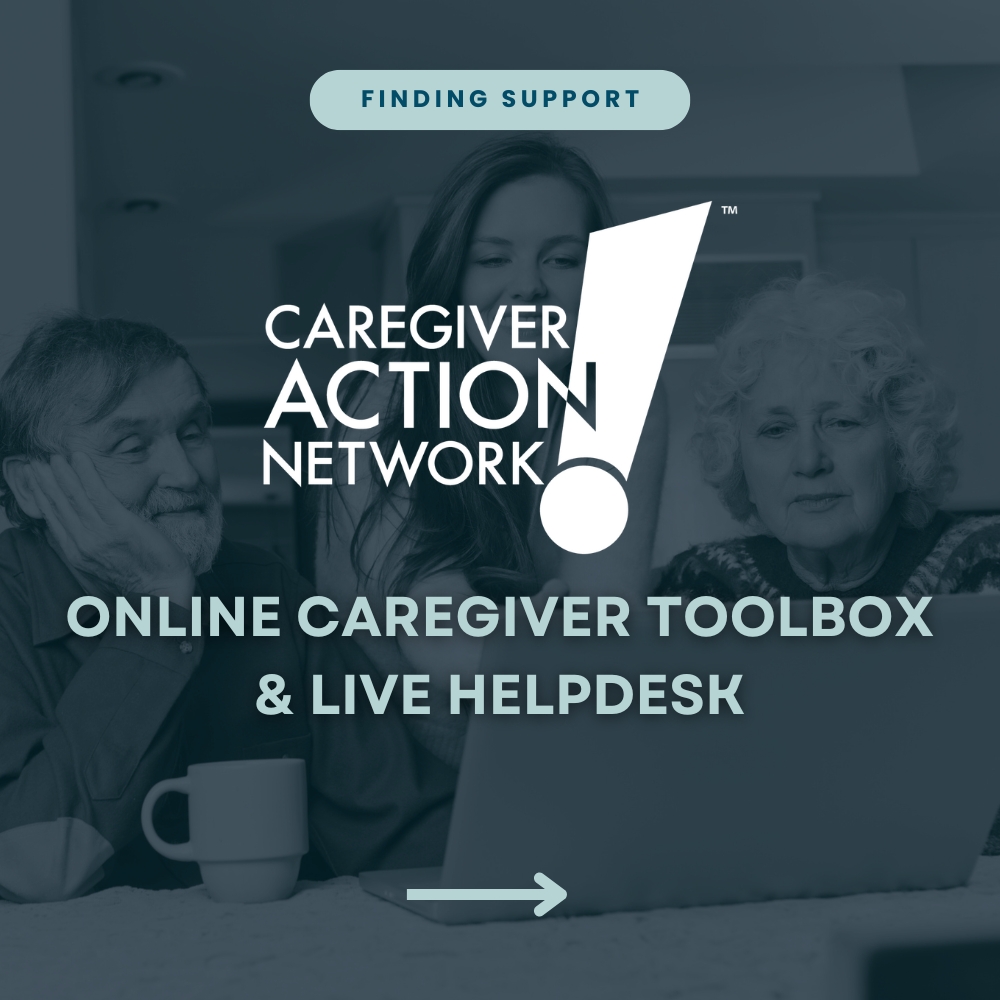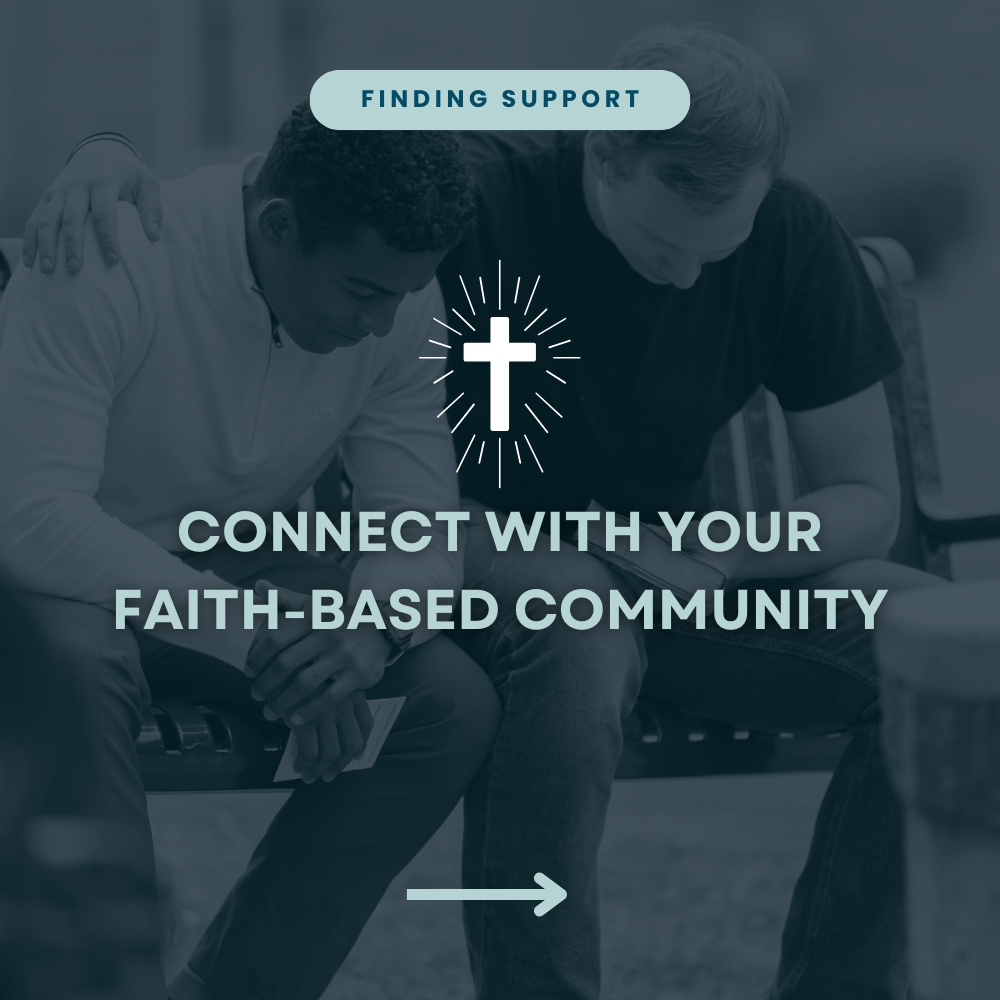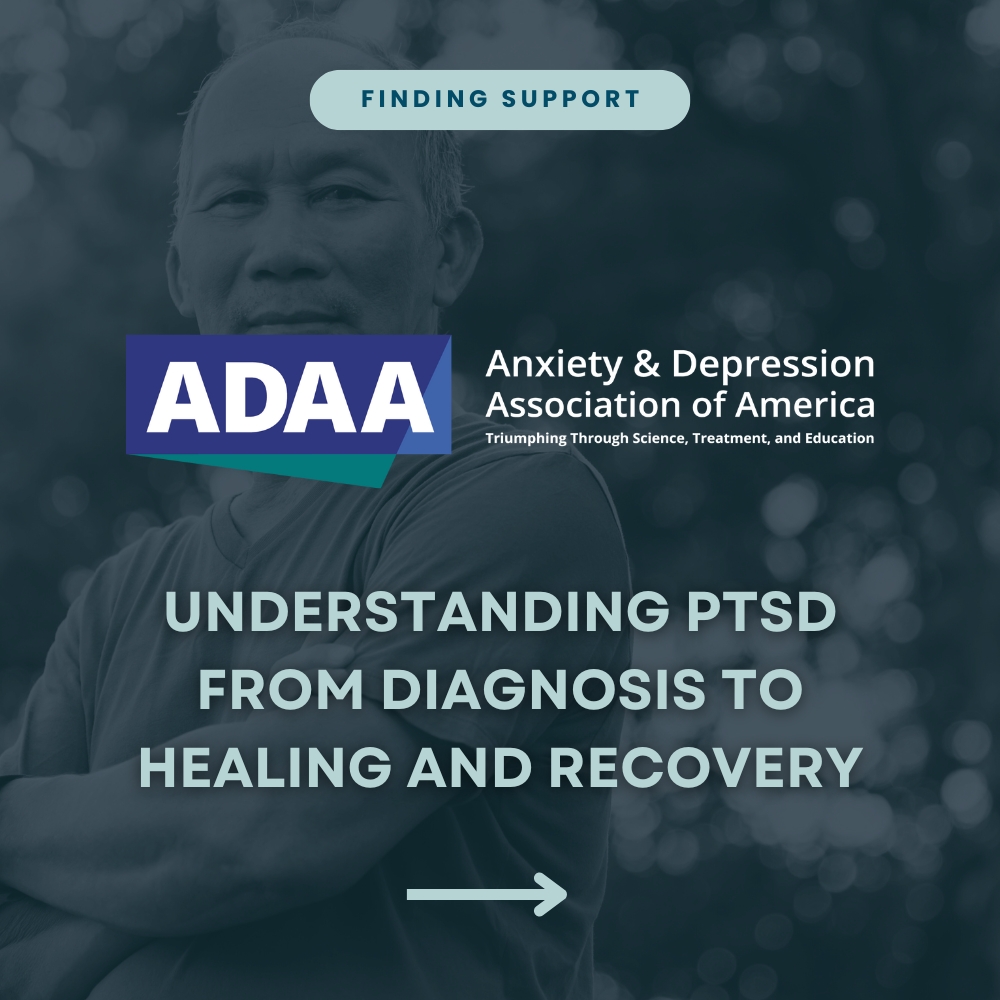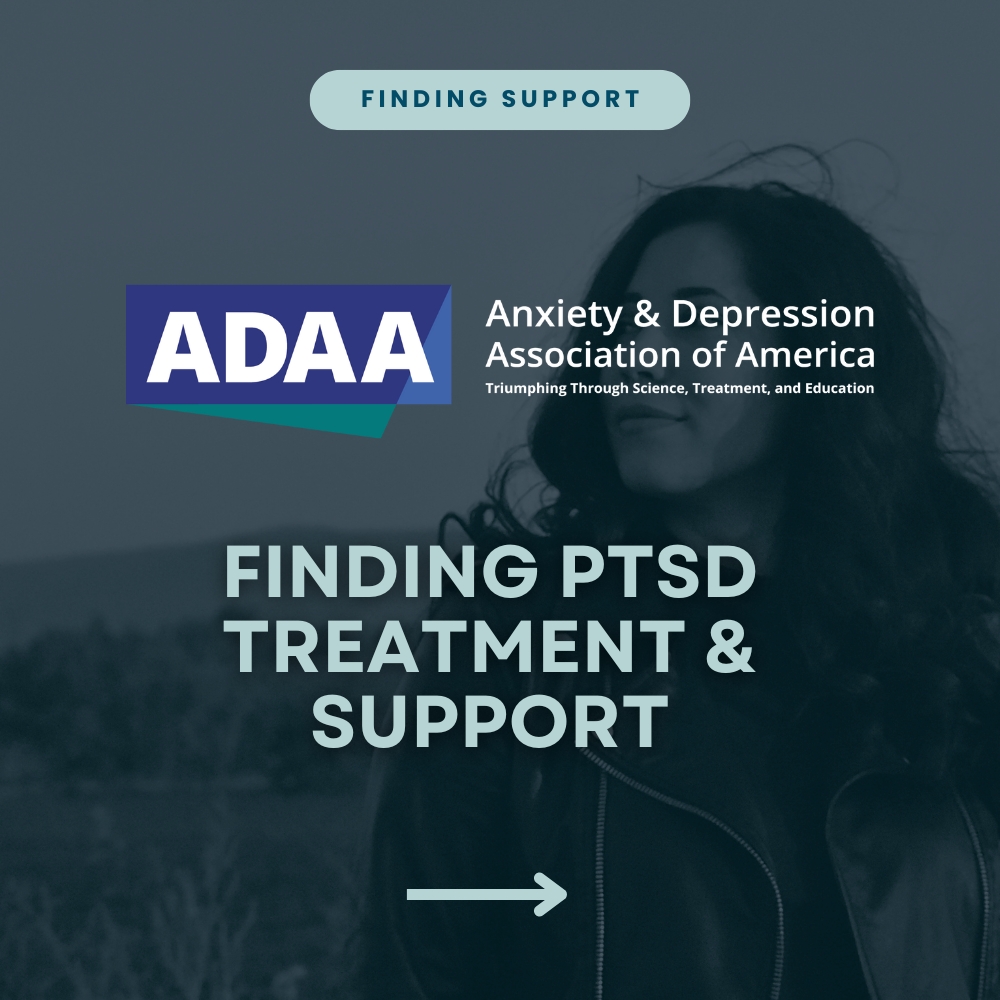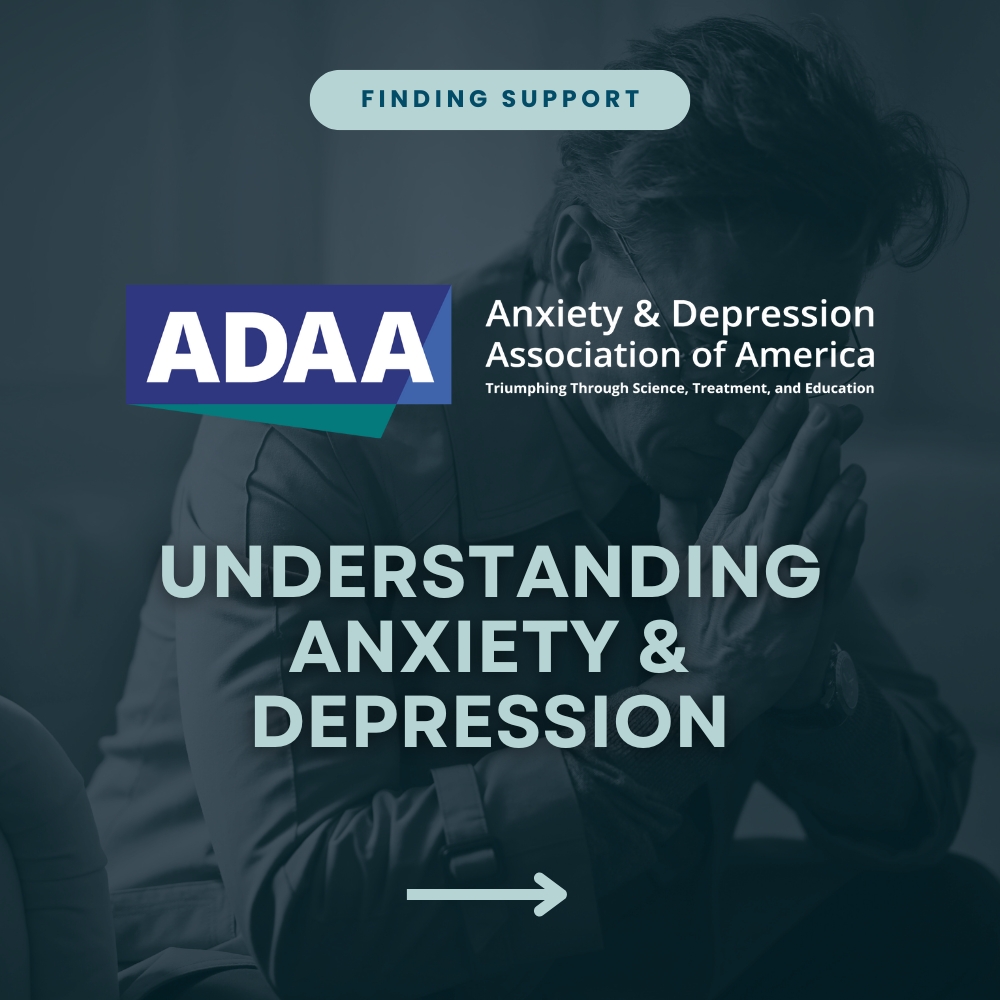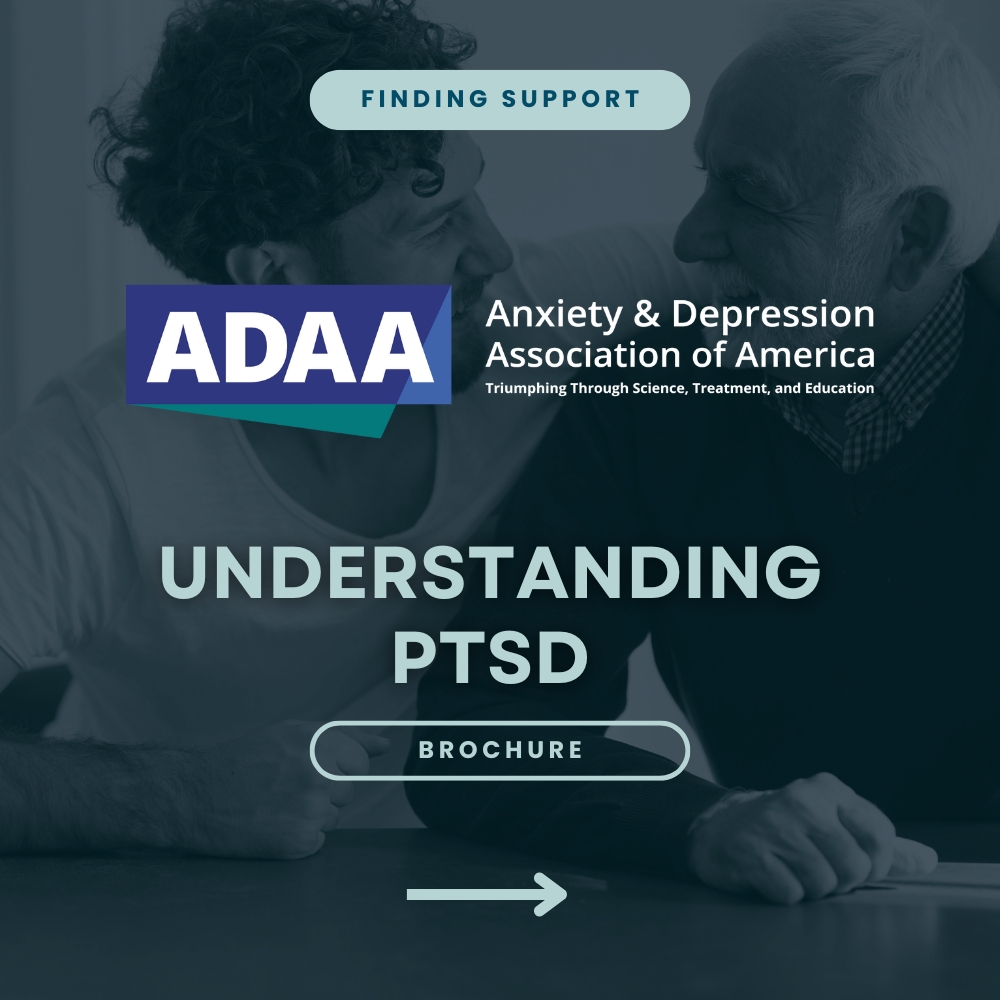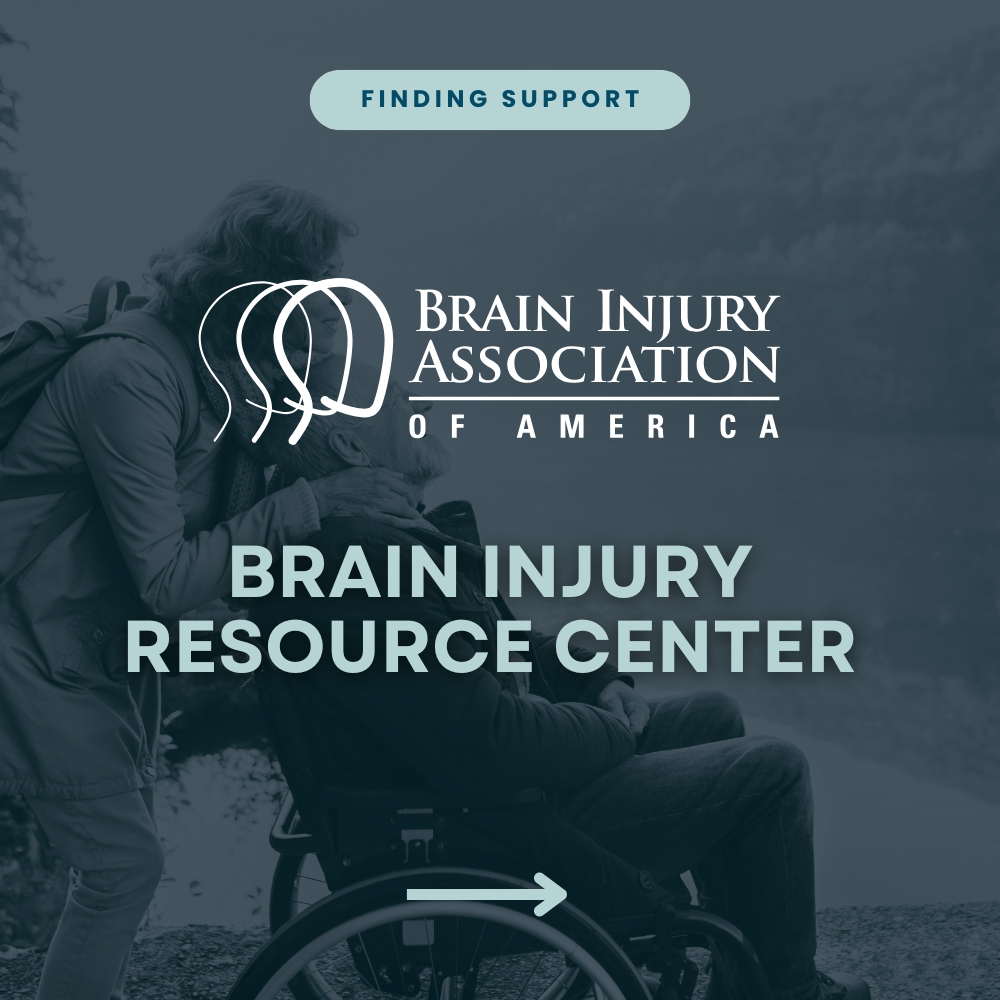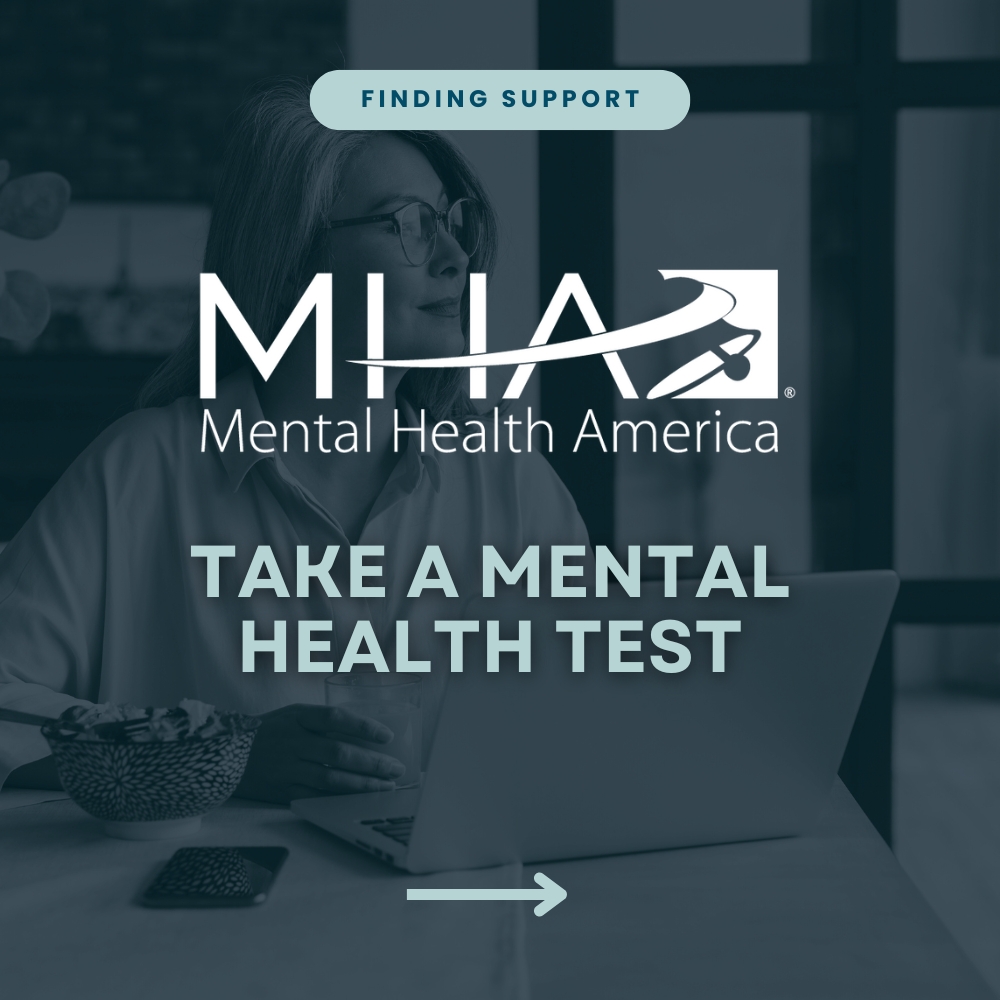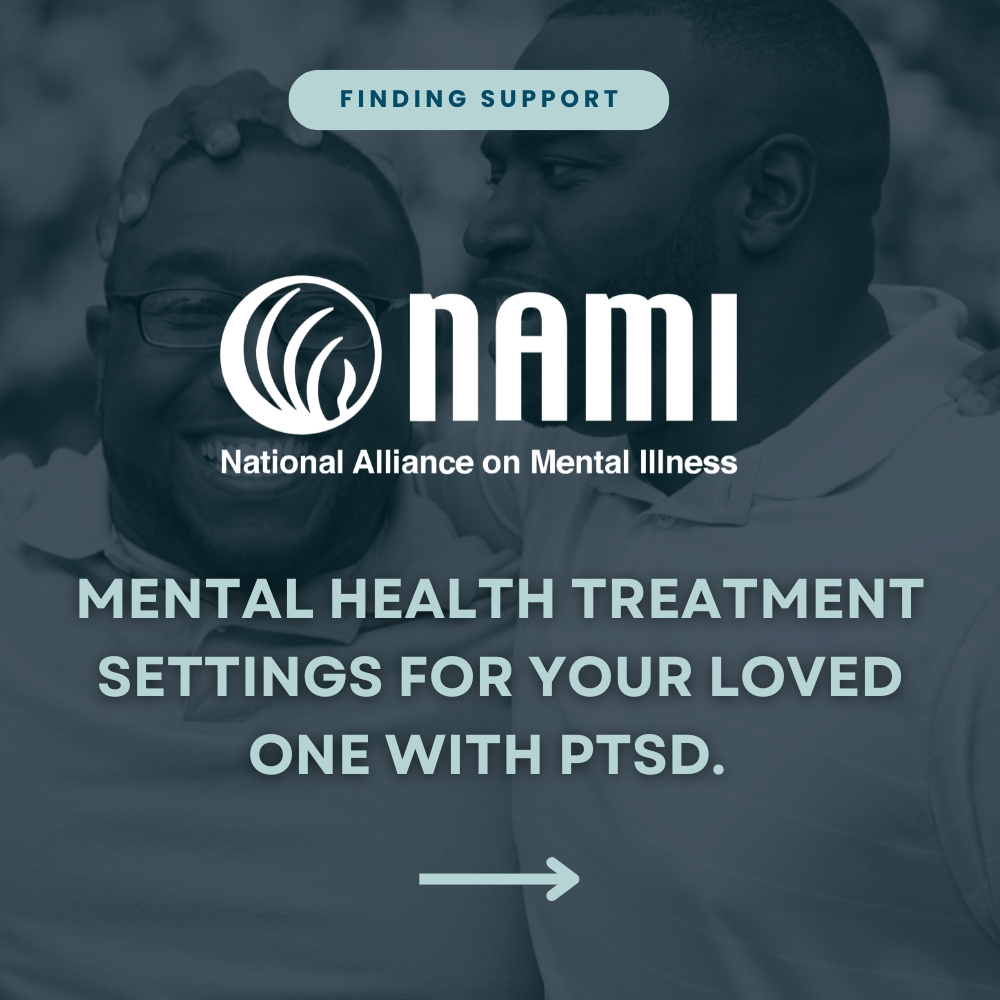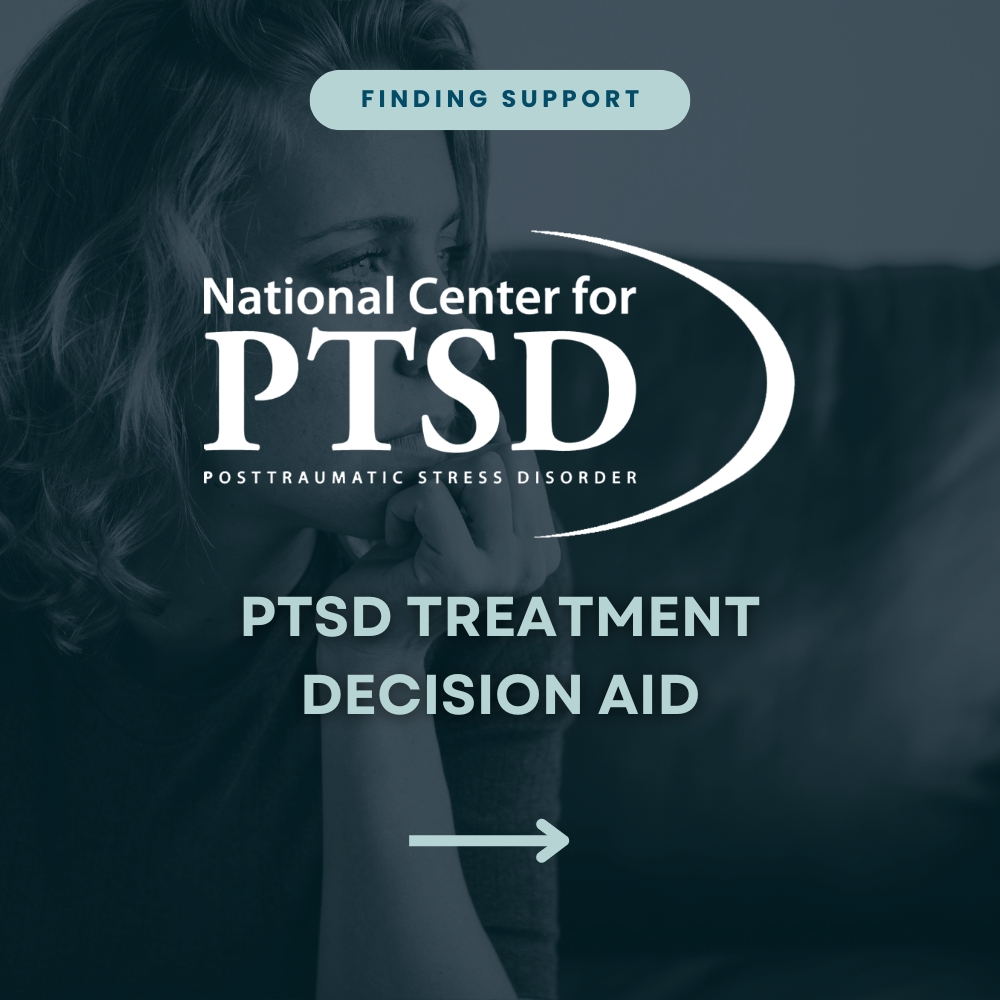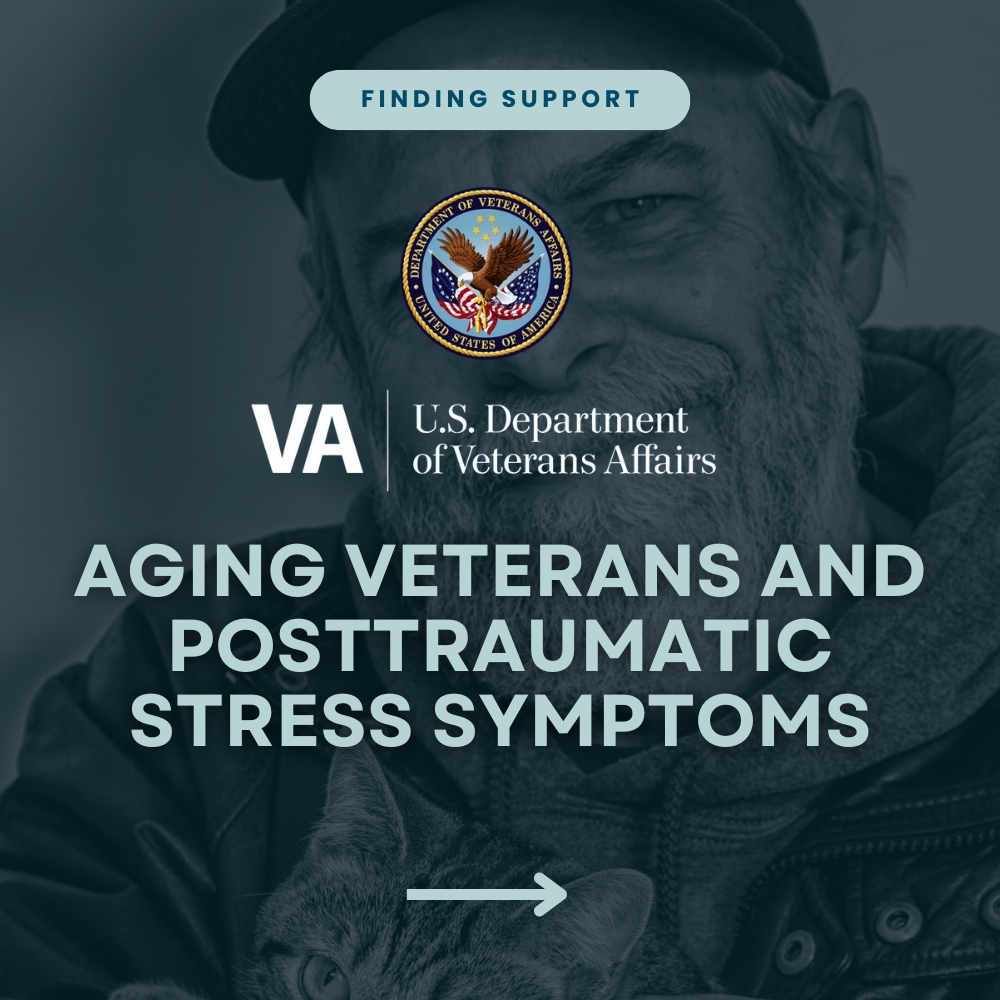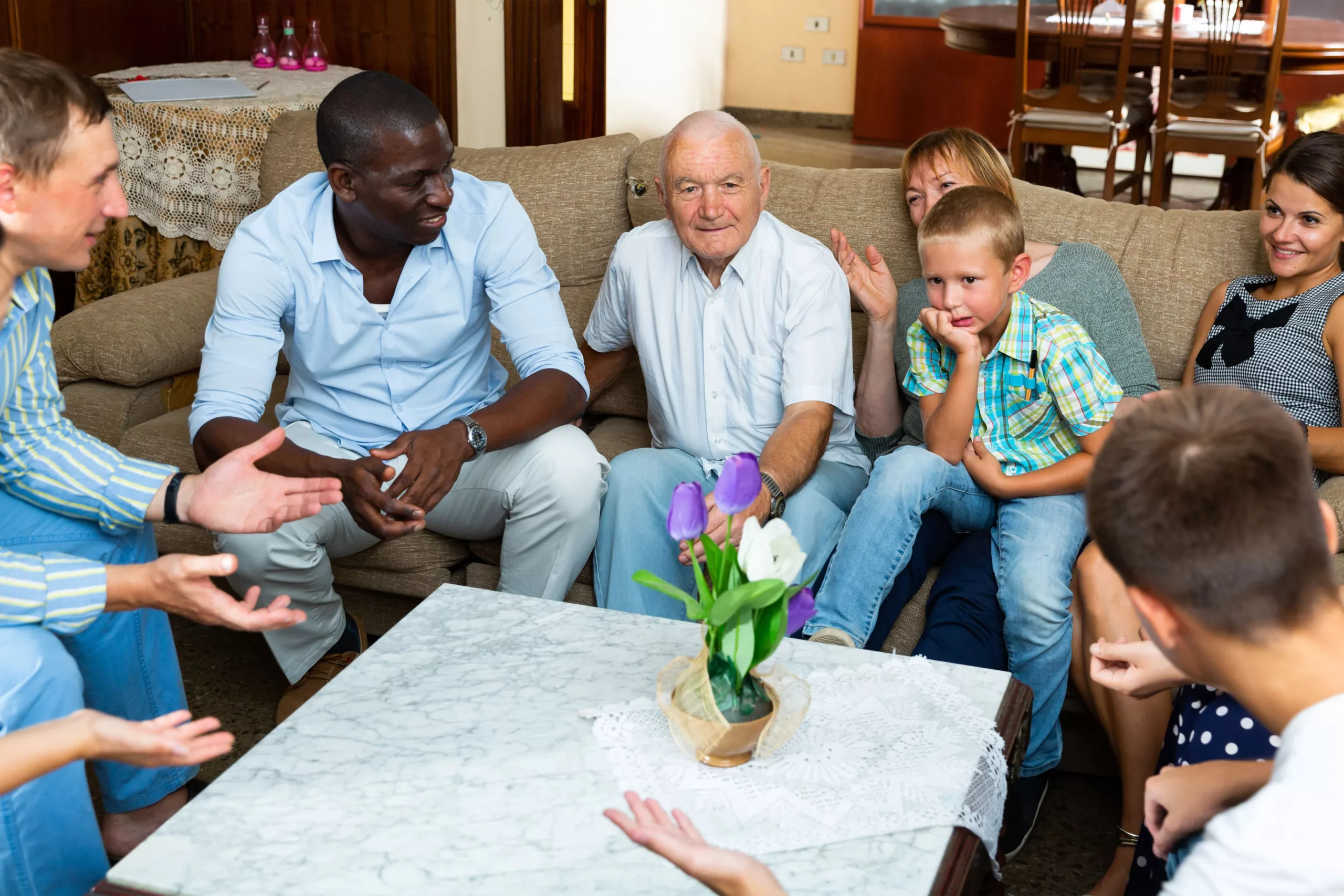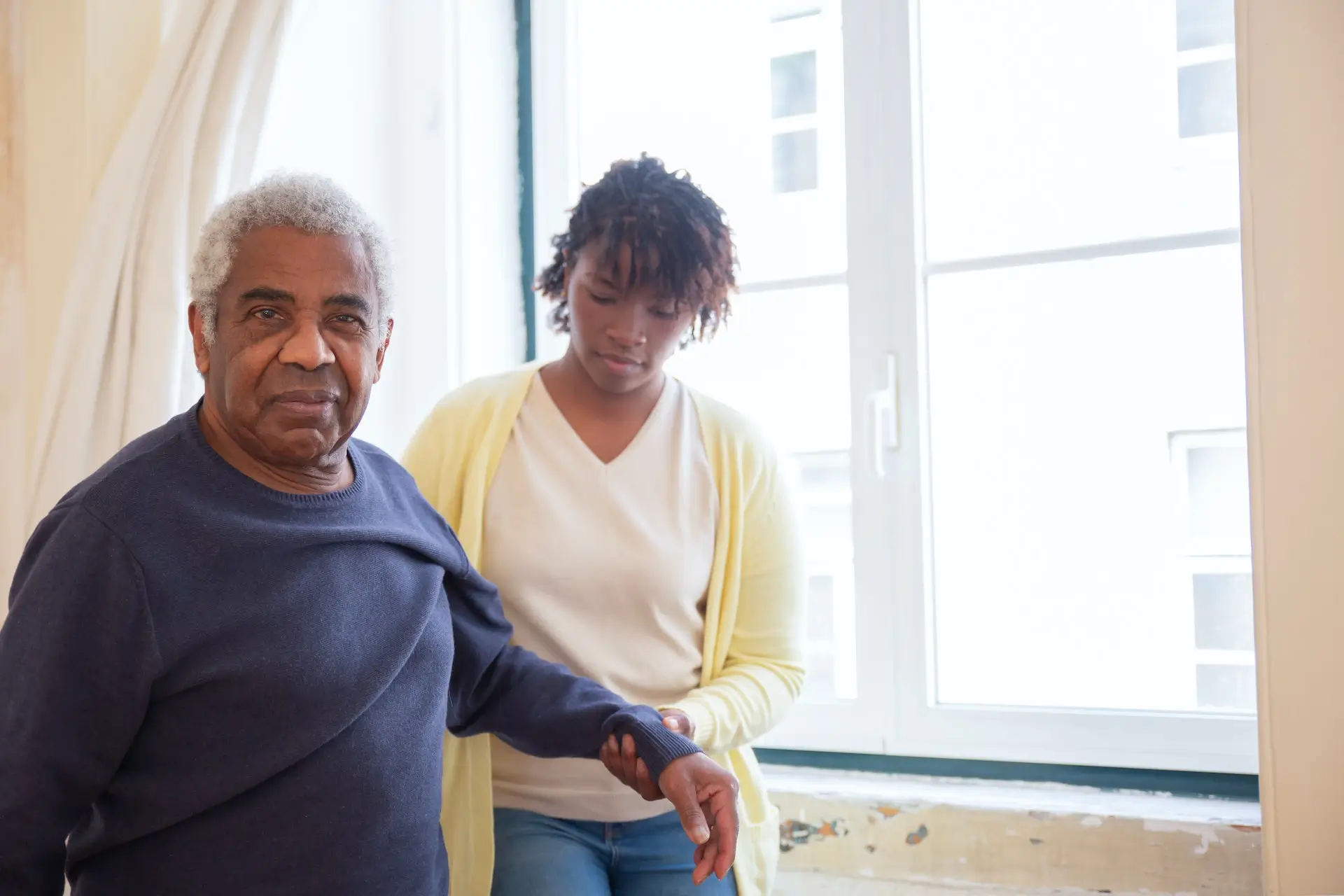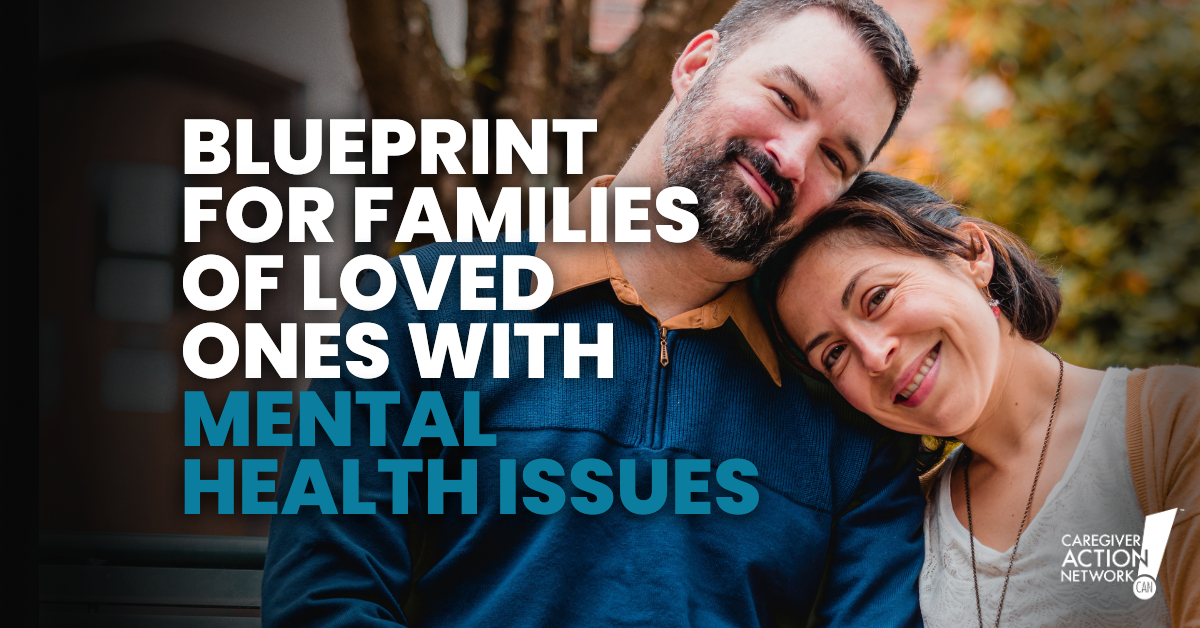A Guide for Supporting a Loved One With PTSD
A Guide for Supporting a Loved One With PTSD
Caregiver Action Network understands that caring for a loved one with PTSD is both a heartfelt commitment and a journey full of unique challenges.
PTSD can impact relationships, daily routines, and even a person’s sense of self.
It may create distance or make communication difficult—not because of a lack of love, but because trauma changes how the brain reacts to relationships and stress.
Understanding this can help you approach your loved one with more empathy and patience. PTSD isn’t something a person can simply “get over.”
While caring for your loved one can bring joy, it also comes with tough moments. But you don’t have to face these challenges alone.
In 2020, caregivers supporting loved ones with PTSD faced over $74 billion in direct healthcare costs. Beyond the financial impact, this care can take a toll on your mental health and social well-being.
It’s common to feel overwhelmed or unsure of where to find reliable information to support your loved one.
That’s why Caregiver Action Network has created a PTSD guide—to give caregivers practical advice and tools to provide the best care possible.
This guide covers everything from how to support your loved one when discussing traumatic experiences to confidently communicating with their doctor.
By answering common questions, it helps you focus on building a fulfilling life together.
Caring for someone with PTSD is a journey marked by challenges—but also resilience and love.
By seeking knowledge, practicing empathy, and prioritizing self-care, you take steps toward healing and growth—for both you and your loved one.
We hope this guide provides valuable insights into understanding PTSD, supporting your loved one, and caring for yourself along the way.
Scroll down to get started, or choose a topic to skip to that section:
Learning about your loved one’s PTSD diagnosis can make the task of your loved one less daunting, especially when it’s a brand-new situation for you.
Luckily, Caregiver Action Network has resources available online that can make your journey easier. From keeping track of its progression to treatment options and management tips, we are here to support you.
Your loved one’s doctor may also be able to provide any tips or tricks they have picked up during their time in the medical field, so it may be beneficial to ask them whatever questions you may have.
Remember, no question is too small.
One of the first steps to successful care support is understanding and noticing the current or oncoming symptoms of your loved one’s condition so you can get ahead of it.
ADAA (Anxiety and Depression Association of America) has excellent video resources to assist you in learning more about the signs and symptoms of the condition and when and where to get help if needed. While many people don’t consider PTSD a mental illness, the treatment is similar and should be looked at as such.
Talking with your loved one about their traumatic experience can seem scary at first, but if they and you believe that they are ready for it, it can be a hugely valuable way to care. If you are just getting started and unsure where to go, you can find general tips on our page for new caregivers.
Providing support for your loved one is rarely as simple as finding one resource or support group that fits all your needs. Often, our loved ones face multiple conditions alongside their PTSD diagnosis, adding complexity to our journey. We’ve gathered tools and resources to help you navigate this rewarding but often difficult path.
Storey, K., & Sandman, K. (2023, November 1). An Invisible Burden: The Underrecognized Costs of Posttraumatic Stress Disorder Among Family/Friend Caregivers. ISPOR. Retrieved October 17, 2024, from https://www.ispor.org/publications/journals/value-outcomes-spotlight/vos-archives/issue/view/patient-centricity-in-heor/an-invisible-burden–the-underrecognized-costs-of-posttraumatic-stress-disorder-among-family-friend-caregivers

